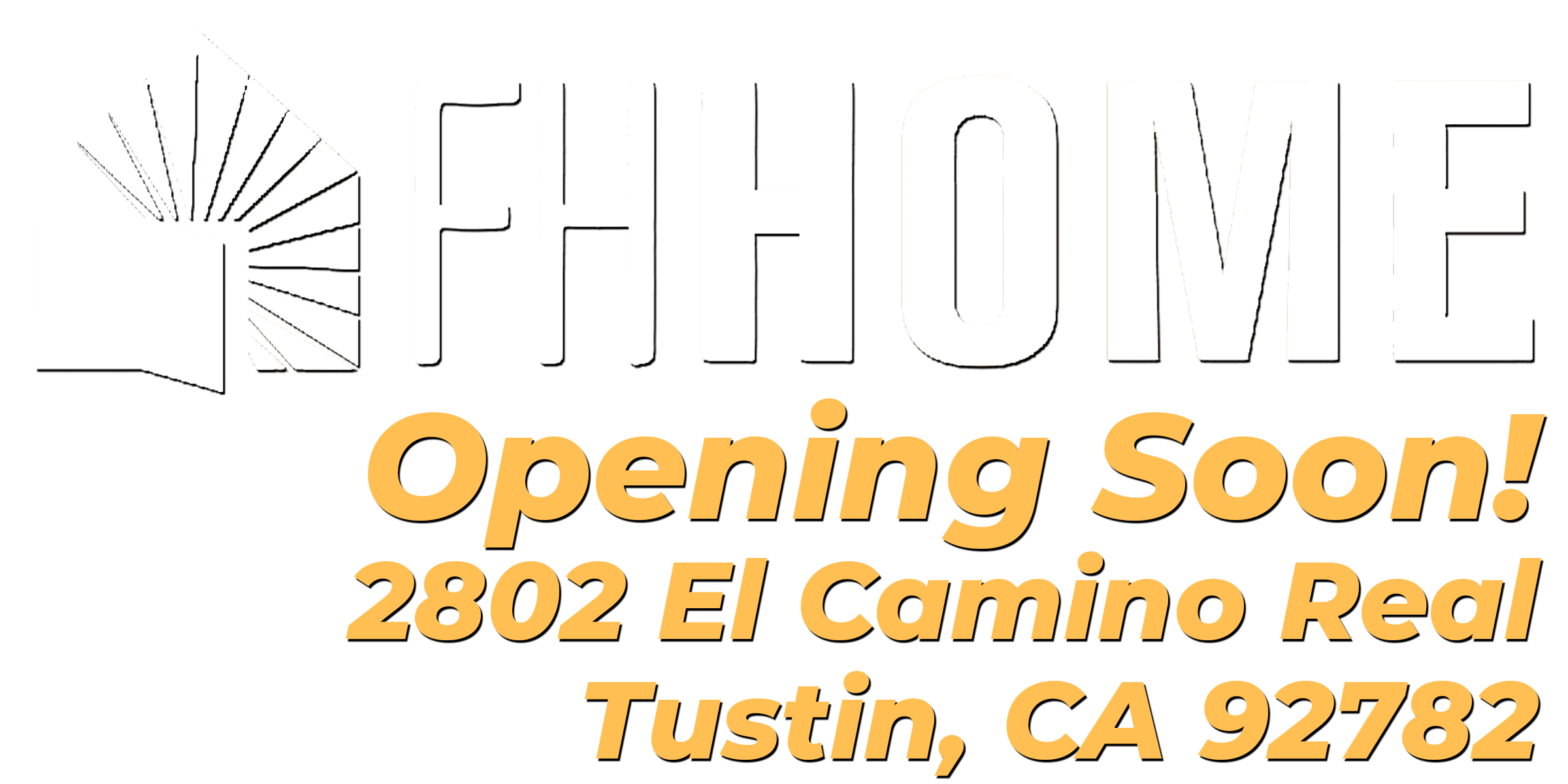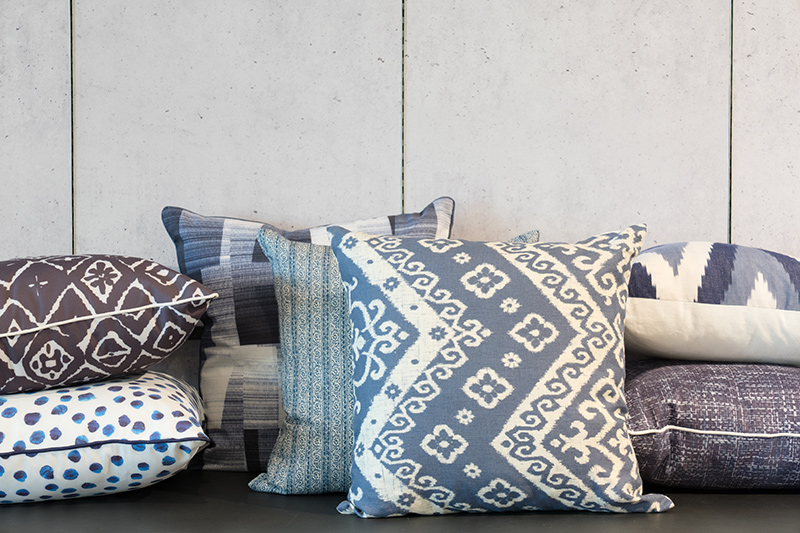When I first heard about the National Pillow Project, I thought, ‘well, this has to be a program for pillow lovers who get together and make pillows,’ but as silly as that might sound, to people like Elizabeth, the National Pillow Project is no joke. After she was referred to the program by Colette’s Children’s Home (a homeless shelter for single mothers), she decided to join. Within the program, Elizabeth learned how to sew, which eventually led to an earned income. The National Pillow Project provided her with a sewing machine, supplies(thread, bobbins, zippers), and beautiful fabric from local design showrooms in Costa Mesa and Laguna Niguel. The pillows Elizabeth made were then sold in Furnishing Hope stores in the Tustin Market Place. Elizabeth is no longer a resident of Colette’s Children’s Home but now lives in Anaheim with her two boys. Both her sons were diagnosed on the Autistic Spectrum, so she used her extra income from sewing pillows to provide tutoring for her eldest son. Her son is now attending UC Irvine
with a full academic scholarship.
The National Pillow Project was launched by Furnishing Hope in 2019 for recipients in Furnishing Hope programs who were interested in additional income while at home. The recipients who receive home furnishings from Furnishing Hope are low-income families receiving HUD VASH housing, employed, and earning a minimum wage of approximately $22,880.00 a year. The low-income level in Orange County is $61,250 for an individual and $92,700 for a family of 4. If you take a closer look at these families and their finances, you see that they struggle to survive. Each participant must become certified in the art of sewing a perfect pillow by practicing the skills taught to them by the National pillow project. When proficient, participants should sew 1 pillow in 20 minutes and 3 pillows an hour, earning $30.00 per hour. Participants can earn up to $100 a week or $400 per month. To some, this might not sound like a lot of money, but to others, that money is a car payment, a phone bill, a month of groceries, or like Elizabeth, a tutor for her autistic son. Elizabeth shared her story because she understands the National Pillow Project’s goal, which is to simply provide an income for people in need of it. We might not all share the same story as Elizabeth, but no matter what your story is, you can achieve two things with the help of the National Pillow Project. The first is the opportunity to earn an income, and the second is an experience that lasts a lifetime.
Shirley Dzagali





